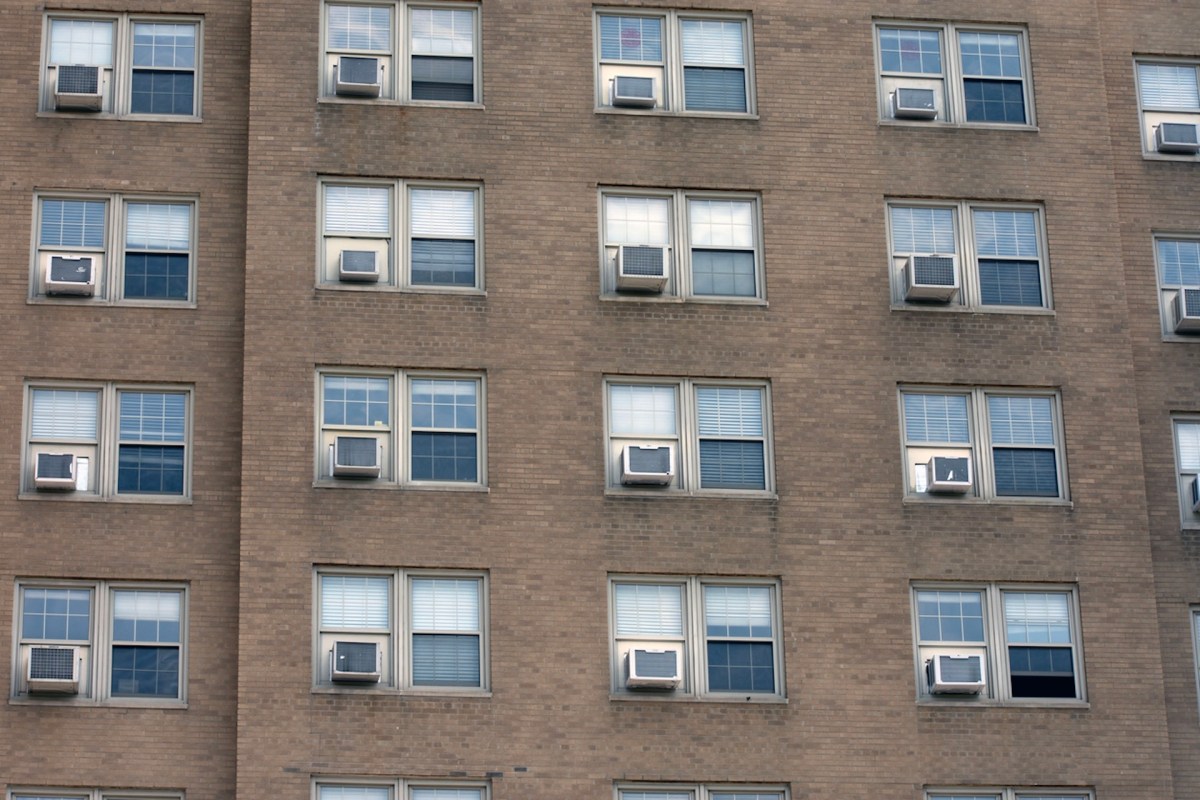As spring and summer approach, multitudes of people around the world will begin turning to air conditioners for relief from the heat. However, they will be doing more harm to the environment than they realize.
What's happening?
As explained last year in Phys.org, a study published in the journal Scientific Reports revealed that the use of air conditioners will generate "an increase in emissions in the order of 10 million metric tons of carbon dioxide in Europe and as much as 120 million metric tons in India" between now and 2050.
The study is the first to detail the effects of climate change from the increased reliance on air conditioners and electricity for cooling in Europe and India.
Why is this important?
Of course, the use of air conditioning can be a necessity to combat extreme heat as global temperatures continue to rise. It was reported in Bloomberg last May that 2.4 billion middle-class people are "on the brink" of buying an air conditioning unit, with countries like China, India, Indonesia, Brazil, and others installing AC units at unprecedented rates in homes, offices, malls, and other places.
Unfortunately, this will have an adverse effect on pollution. The study noted that annual carbon dioxide pollution will increase between 7 and 17 million tons in Europe and between 38 and 160 million tons in India between now and 2050 because of the energy production required by the increased use of air conditioners.
"With electricity production still based essentially on fossil fuels, air conditioning as a heat adaptation strategy risks undermining our mitigation efforts, i.e., reducing greenhouse gas emissions," said Enrica De Cian, coordinator of the research project behind the study.
The carbon pollution acts like a blanket around the Earth, trapping heat and leading to higher global temperatures. This creates a vicious cycle where rising temperatures increase the demand for air conditioners.
"In countries such as Italy and Spain, choosing air conditioning as an adaptation strategy to rising temperatures will also lead to an increase in peak electricity consumption," said Francesco Colelli, co-author of the study. "This effect could, in turn, cause rises in the price of electricity and increase investment in generation and transmission facilities needed to cope with the new levels of electricity demand."
What can be done about it?
The researchers determined that mitigating the increase in air conditioning demands would "require a significantly higher energy efficiency of air conditioners sold" or "a further push towards decarbonization of energy production, including more stringent greenhouse-gas mitigation targets that could increase carbon prices by 5%–30%," per Phys.org.
Relying on efficient, energy-saving units like heat pumps can reduce the contribution to carbon pollution. Also, electric HVAC systems powered by renewable energy would be better options for businesses that can afford them.
Join our free newsletter for weekly updates on the coolest innovations improving our lives and saving our planet.









